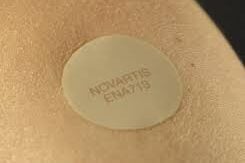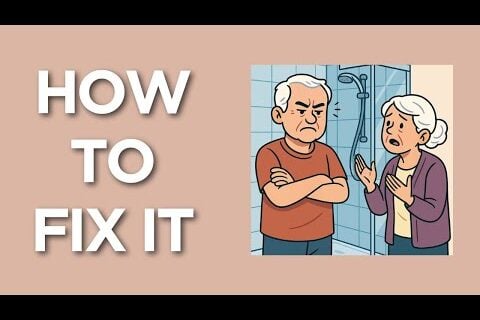Patients with Alzheimer’s disease (AD) are often prescribed drugs for other conditions — including diabetes or high blood pressure — at the same doses as those without dementia. That practice might need to be reexamined in the wake of new mouse studies reported in ACS’ Molecular Pharmaceutics. The findings suggest that AD could alter absorption of medications from the digestive tract, so dosages might need to be adjusted for these patients.
Oral Drugs
Because AD is primarily considered a disease of the nervous system, scientists have mostly focused on its impact on drug uptake across the blood-brain barrier (BBB). Their research revealed that the quantity and function of proteins that transport drugs through the BBB are altered in people with AD. Less attention has been given to other biological barriers, such as the intestine’s lining, through which oral drugs pass into the bloodstream. The few small studies published on this subject, however, suggest that this absorption process may be disrupted in AD. Joseph A. Nicolazzo and colleagues wanted to know if these changes could occur with drugs commonly prescribed to AD patients.
Using mice that serve as a model for AD, the team measured absorption of compounds that move from the small intestine to the bloodstream through three different mechanisms.
For example, blood plasma levels of diazepam, which diffuses passively through intestinal cells to reach the bloodstream, were similar in AD mice compared with control mice. But AD mice had less valsartan and digoxin in their plasma than controls. Passage of these drugs through intestinal cells is controlled by transporters that could be disrupted by AD, according to the team’s prior research. These drugs may also pass through gaps between intestinal cells, and tissue samples indicated that these gaps might be more restrictive in AD mice.
If these findings translate to people with AD, the researchers recommend revisiting dosing regimens for certain drugs to ensure their plasma concentrations remain in the appropriate range.
SOURCE:
REFERENCE:
- Liang Jin, Yijun Pan, Natalie Lan Linh Tran, Leon N. Polychronopoulos, Aparna Warrier, Kim L. R. Brouwer, Joseph A. Nicolazzo. Intestinal Permeability and Oral Absorption of Selected Drugs Are Reduced in a Mouse Model of Familial Alzheimer’s Disease. Molecular Pharmaceutics, 2020; DOI: 10.1021/acs.molpharmaceut.9b01227
SUPPORT:
- The authors acknowledge funding from PharmAlliance, Bethlehem Griffiths Research Foundation, the Alzheimer’s Association and the National Institute of General Medical Sciences of the National Institutes of Health.











